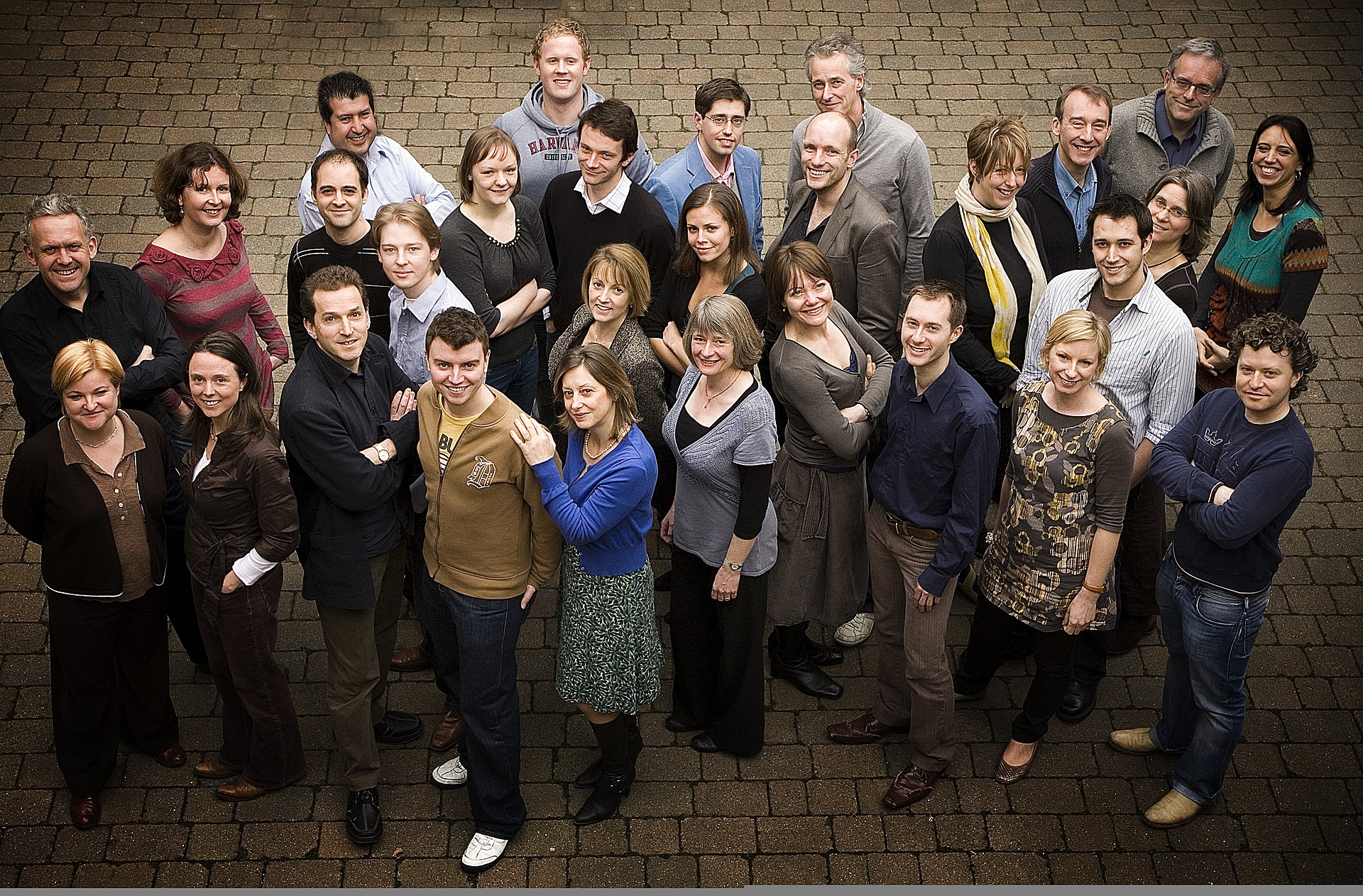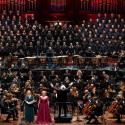This Prom had three pieces from times of social crisis, although only one faces its crisis head on. Stravinsky’s Rite of Spring hides its pre-war angst behind a story of pagan Russia while Ravel’s post-war desolation is danced in decadent Viennese waltz time in La Valse. Berio’s Sinfonia, however, is very much engaged with the upheaval of the late 1960s, when, as today, fundamental questions were being asked about the very fabric of western society.
This is in danger of making the whole thing sound less fun than it was. Although these are works of overriding seriousness, they all have a wit in them, and a sense of disrupting conventional musical procedures. And if Semyon Bychkov and the BBC Symphony Orchestra didn’t quite achieve fully the mad abandon the Ravel and Berio need, the Rite of Spring was very satisfying.
La Valse was rejected as a ballet by Sergei Diaghilev, impresario behind The Rite, in what was surely a major misjudgement on his part. He described the piece to Ravel as "not a ballet: it’s the portrait of a ballet", but it’s actually the most danceable music. In just 12 mercurial minutes Ravel is voluptuous and cultured, tipping over into excess and hysteria and a wild climax. The culture was there in a beautiful string sound and some characteristic woodwind solos, and the rapidly changing moods, but it felt a tiny bit safe in the climaxes.
It’s not often that one item on a concert programme contains direct quotations from the other two, but Berio’s Sinfonia, a masterful musical patchwork, does. The third movement, structured around the Scherzo of Mahler’s Second Symphony, overlaid with a crazy collage of snippets of other people’s music, also felt a bit restrained, where ideally it should feel ever-so-slightly out of control. But this was an excellent performance of that rare thing, a modernist classic that has entered the orchestral repertoire. London Voices (pictured above), supplying the amplified vocal parts originally written for the Swingle Singers, were excellent, whether singing, speaking or making other vocalisations. Within the first minutes they are pitching icy eight-part chords, muttering phrases from Claude Lévi-Strauss, making wordless glissandos. I enjoyed the laconic delivery of the basses, who at one stage name-check all the singers, finishing with a wry “Thank you, Mr Bychkov”. The thanks were well deserved. Bychkov found arresting details in the complex orchestration, and successfully oversaw the rapid switches in character from serious to skittish. I must also mention Ian Dearden, credited for "sound projection" who found a great balance between orchestra and voices: I have previously heard them swamped and heard them too prominent: this seemed just right.
But this was an excellent performance of that rare thing, a modernist classic that has entered the orchestral repertoire. London Voices (pictured above), supplying the amplified vocal parts originally written for the Swingle Singers, were excellent, whether singing, speaking or making other vocalisations. Within the first minutes they are pitching icy eight-part chords, muttering phrases from Claude Lévi-Strauss, making wordless glissandos. I enjoyed the laconic delivery of the basses, who at one stage name-check all the singers, finishing with a wry “Thank you, Mr Bychkov”. The thanks were well deserved. Bychkov found arresting details in the complex orchestration, and successfully oversaw the rapid switches in character from serious to skittish. I must also mention Ian Dearden, credited for "sound projection" who found a great balance between orchestra and voices: I have previously heard them swamped and heard them too prominent: this seemed just right.
The second movement, dedicated to Martin Luther King, murdered during Sinfonia’s composition, is a haze of harmony punctuated by isolated notes from around the ensemble. It is an unsettling tribute offering no reassurance, no rest, no peace. But it represents the uncertainties of the time of writing and Berio’s determination to capture that time in music.
The Rite of Spring, however, is music that refuses to become dated, able to feel eternally newly-minted. It is a piece that doesn’t have a “best bit” as it is entirely made up of “best bits”. In modern parlance, all killer, no filler. It is also a score that always offers up a fresh revelation, however familiar the whole thing is. Here I was struck by the double basses’ virtuosic passagework in the “Dance of the Earth” that underpins the sprinting music, and the decorative chromatic runs on the bass trumpet in the “Ritual Action of the Ancestors”.
There was much else to enjoy. Julie Price’s bassoon opening was spacious and full of wonder, Tom Lessel’s bass clarinet was ripe and rich, and there was some terrific percussion playing. Bychkov was an avuncular, benign presence at the heart of all the hectic activity, with as clear a beat as you could imagine.
The “Dance of the Earth” that ends Part One was the highlight, enthralling orchestral playing with the high brass immense. The final chord, the most problematic part of the whole score, was also to my taste: a brutal guillotine of a chord, played all together and not elongated as some conductors have it, and utterly final.













